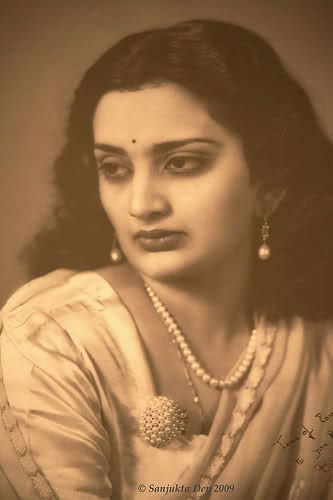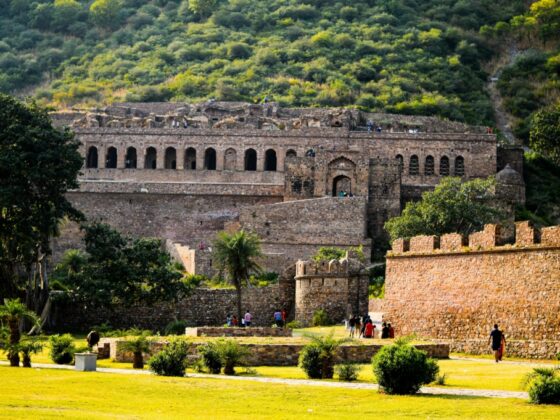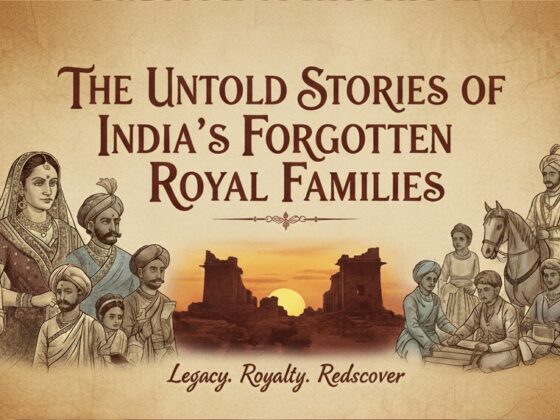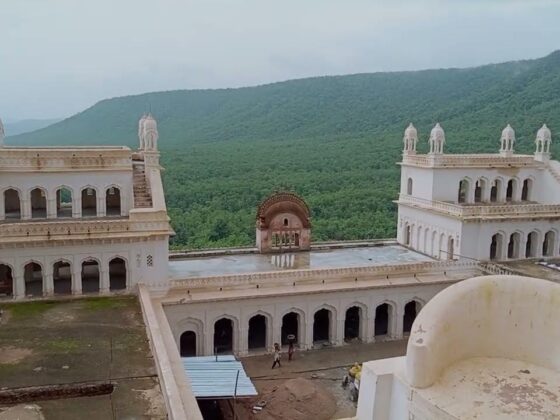Rajmata Krishna Kumari: A Legacy of Grace, Philanthropy

Introduction
India has seen many royal figures, but few have left an impact like Rajmata Krishna Kumari. She was known for her grace, benevolence, and commitment to social causes. As the Queen of Marwar-Jodhpur, she shaped the region’s cultural and humanitarian landscape. This article explores her life, contributions, and lasting influence on Rajasthan’s history.
Early Life and Royal Heritage
Born in 1926 into the royal family of Dhrangadhra State, Gujarat, Krishna Kumari was destined for greatness. She grew up with strong values of duty, discipline, and cultural pride. These qualities later shaped her role as a queen and philanthropist. In 1943, she married Maharaja Hanwant Singh of Jodhpur, becoming the Queen of Marwar.
Her marriage united two royal houses and brought her into a position of influence. She embraced her responsibilities with dignity and worked for the welfare of her people.
Life as the Queen of Marwar-Jodhpur
As queen, she preserved Marwar’s rich heritage while modernizing the region. She ensured that Jodhpur remained a center of Rajput culture, architecture, and valor. Her wisdom and grace earned admiration from both the royal court and the common people.
Her husband, Maharaja Hanwant Singh, had a progressive outlook. Together, they championed social causes. After his untimely demise in 1952, Rajmata Krishna Kumari took on greater responsibilities.
Philanthropic Contributions and Social Work
Despite political changes after independence, she continued serving society. Her concern for public welfare led to several initiatives, especially in education and healthcare.
1. Rajmata Krishna Kumari Girls’ Public School (RKKGPS)
One of her most notable contributions was the Rajmata Krishna Kumari Girls’ Public School in Jodhpur. Founded in 1992, the school provided quality education to girls. It empowered them with knowledge and skills for a brighter future. Today, it stands as one of Rajasthan’s premier institutions for women.
2. Healthcare Initiatives
She was deeply invested in healthcare reforms. She supported hospitals and medical facilities in Jodhpur. Her focus on maternal and child health significantly improved regional well-being.
3. Preservation of Culture and Heritage
She valued Rajasthan’s cultural identity. To protect it, she championed several heritage conservation projects. She worked tirelessly to maintain Jodhpur’s forts, palaces, and architectural marvels. As a result, these sites remain symbols of Rajput pride and tradition.
Role in Modern Indian Politics and Society
Even after the abolition of princely states, she remained influential. She advised political leaders and helped integrate Jodhpur into modern India. Her vision and leadership made her a beloved figure across Rajasthan.
Legacy and Influence
Rajmata Krishna Kumari’s legacy is one of strength, wisdom, and service. Her contributions to education, healthcare, and culture continue to benefit Jodhpur and Rajasthan. People remember her as a queen who redefined royalty—not just through power, but through compassion.
Her daughter, Maharani Hemlata Rajye, and the current Maharaja of Jodhpur, Gaj Singh II, uphold her values. Their efforts ensure that her philanthropic work thrives.
Conclusion
Rajmata Krishna Kumari remains a symbol of grace, resilience, and dedication. Her journey from a Gujarat princess to the Queen of Marwar-Jodhpur reflects her commitment to her people. Through her work in education, healthcare, and cultural preservation, she created a lasting legacy.
Even today, her name evokes respect and admiration. She serves as an inspiration for those striving to make a difference. Her story stands as a testament to the power of leadership, compassion, and commitment to society.









